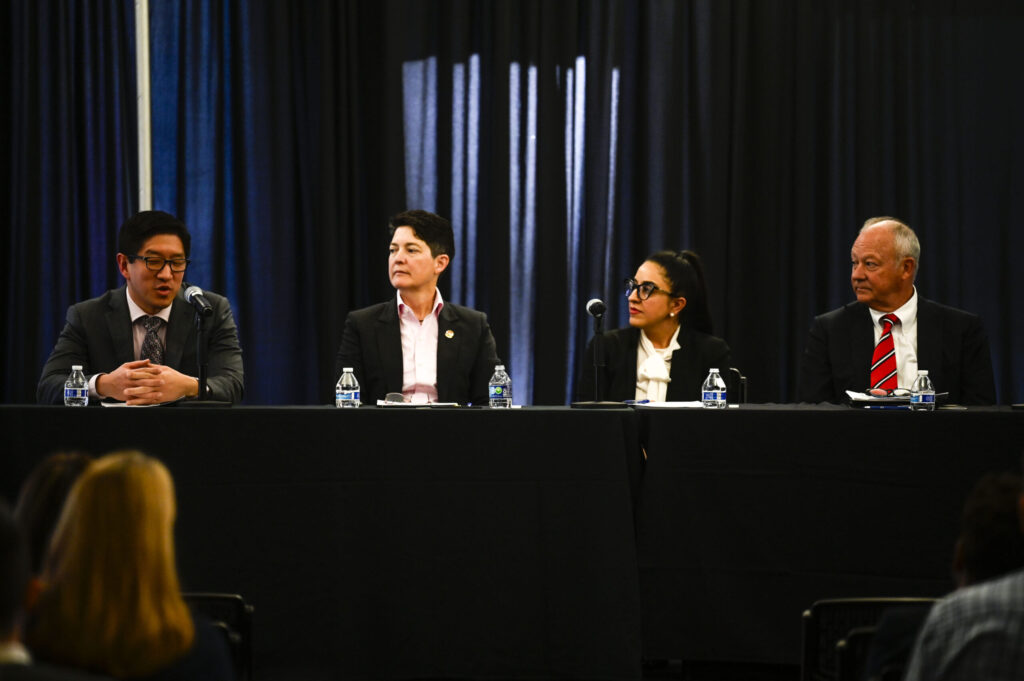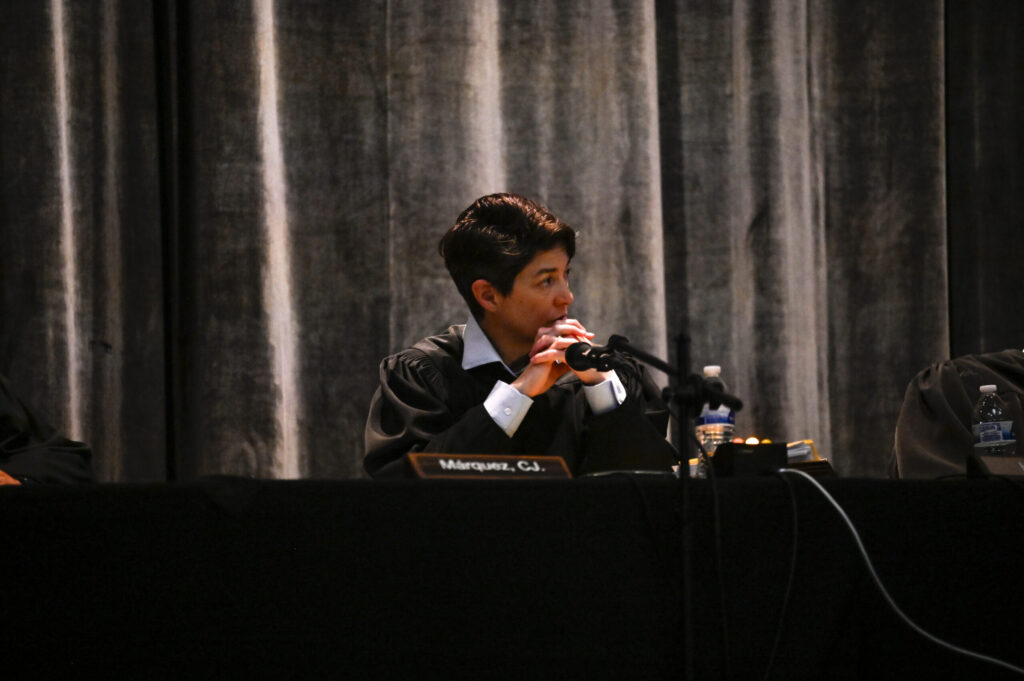Judge strikes down CDC’s eviction moratorium, drawing praise and concern
The prospect of the U.S. Centers for Disease Control and Prevention’s moratorium disappearing concerned Colorado housing officials but drew praise from the Apartment Association of Denver, which, along with others on the landlord side, contends that the eviction crisis has been overblown.
A federal judge on Wednesday temporarily stayed an order that found the CDC exceeded its authority when it imposed a federal eviction moratorium to help stop the spread of the coronavirus. The stay came after the Justice Department filed an emergency appeal in the case. The administrative stay means there will be no immediate impact on the ban, which was extended in March to go through the end of June.
The judge said issuing the stay was not based on the merits of the Justice Department’s argument, but instead is meant to give the court time to consider the motion and any potential opposition.
The Wednesday ruling was not the first blow to the moratorium: Landlords in several states have sued to scrap the order, arguing it was causing them financial hardship and infringing on their property rights. They remain opposed to any extension, saying it does nothing to address the financial challenges facing renters and landlords.
At least six prominent lawsuits have been filed challenging the authority of the CDC ban. So far, three judges have supported the ban and three have ruled against, with all cases currently going through appeals. A judge in Memphis declared the CDC order unenforceable in the entire Western District of Tennessee.
“Eviction filings still remain at an all-time low,” Drew Hamrick of the Denver apartment association said in an email Wednesday. “Even as recently as the end of April eviction filings are only at 41% of normal. The relief residents need is rental assistance for those with COVID related financial hardship. This need is being adequately met by the states (housing assistance) program, which eliminates the need for expanding an eviction moratorium.”
Evictions are lower than in recent years, but advocates said that’s because moratoriums, plus a flood of state and federal rental assistance money, have worked.
“Of course evictions are down,” said Zachary Neumann of the Colorado COVID-19 Eviction Defense Project. “We’ve had an unprecedented pandemic and economic response to this moment.”
Kinsey Hasstedt of Enterprise Community Partners called the decision striking down the ban “incredibly disheartening” and said she hoped it motivated Colorado lawmakers to take action.
According to data collected by the U.S. Census Bureau, nearly one in three Colorado adults living in households said they were behind on rent or faced imminent eviction or foreclosure proceedings. Neumann predicted that, should the CDC order be vacated, a rush of eviction proceedings would follow. That would be to the detriment of both tenant and landlord, he said, because the piles of assistance money can make landlords whole and keep tenants housed.
“It would avoid giving money a chance to work,” he said. “Landlords would evict tenants, tenants would face homelessness and really significant amounts of debt. At the same time, landlords wouldn’t be able to claim all rental arrears.”
The CDC order has been in place since September and provides limited protection to tenants. To qualify for its protection, a tenant must be behind on rent because of the pandemic. The order also allows eviction proceedings to move forward up until the point of the actual removal.
Colorado advocates have said the moratorium leaves some tenants out, and they’ve called on Gov. Jared Polis to enact his own, state-level moratorium. Polis has resisted those calls. His office did not respond to a message sent Wednesday afternoon seeking comment.
Peter LiFari, executive director of Maiker Housing Partners, said part of the issue now is that aid money is moving at a trickle. The federal Treasury Department is requiring more verification to receive funds, LiFari said, and the state has been inundated with requests.
As of Wednesday, more than $184 million in rental assistance has been requested in 52,000 applications. Of that, just $74.1 million has been distributed to more than 30,000 applicants.
“While there is rental assistance available to keep tenants housed and landlords whole, it is still taking many weeks for that relief to get into the hands of those who need it,” Hasstedt said in an email. “An eviction moratorium helps ensure people who have lost income because of the pandemic are not evicted for no fault of their own.”
LiFari said the Treasury Department’s decision has “mucked” up the situation, and the backlog of state rental aid has slowed tenants’ ability to negotiate with landlords and make use of the money. He said the state has to “break ourselves out of this cycle of moratoriums” by letting assistance money flow.
The National Association of Realtors echoed that call.
“(Assistance) prevents two crises — one for tenants, and one for mom-and-pop housing providers who do not have a reprieve from their bills,” the president of the realtors association, Charlie Oppler, said in a statement. “With rental assistance secured, the economy strengthening, and unemployment rates falling, there is no need to continue a blanket, nationwide eviction ban.”
The Associated Press contributed to this report.













